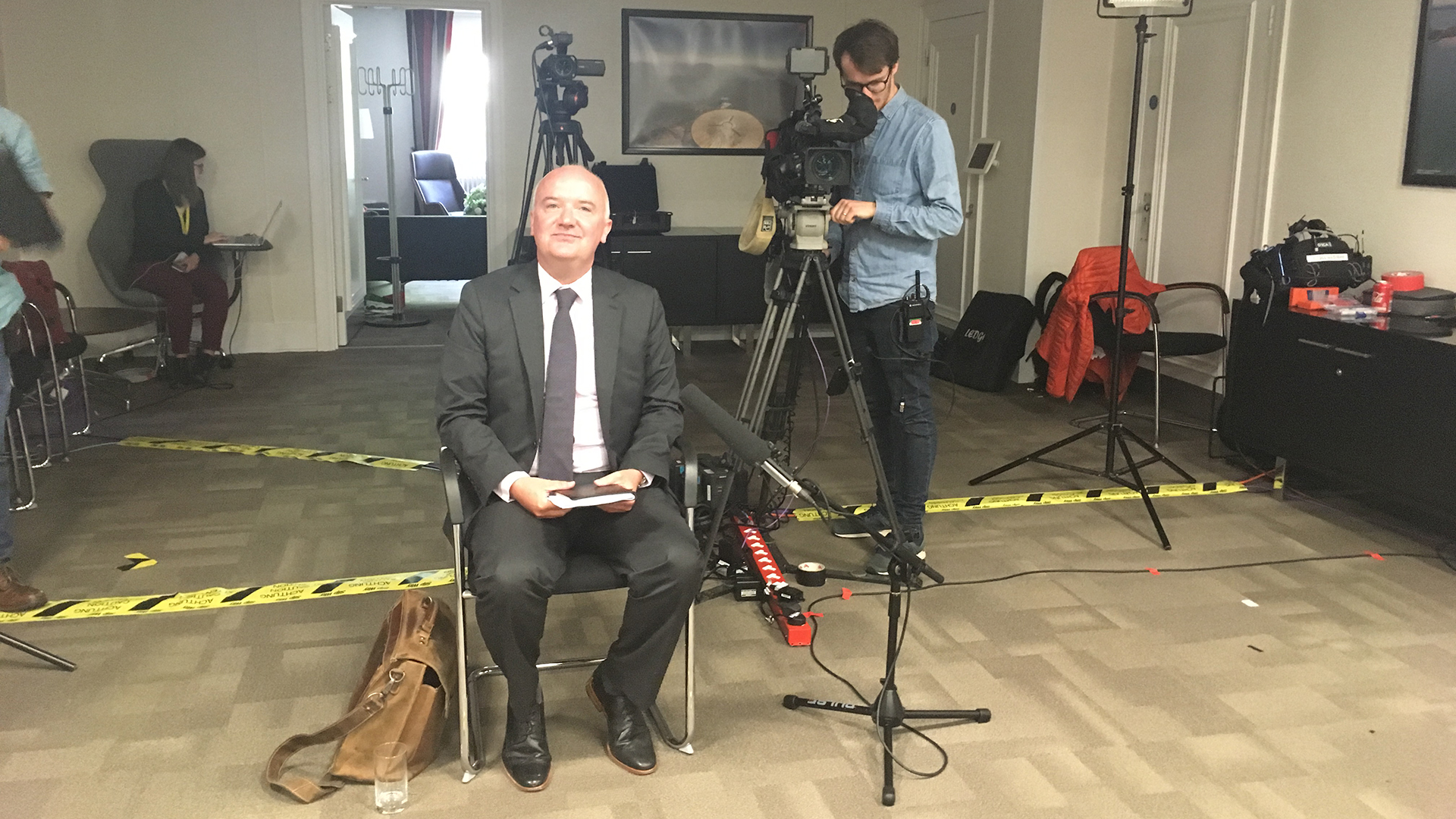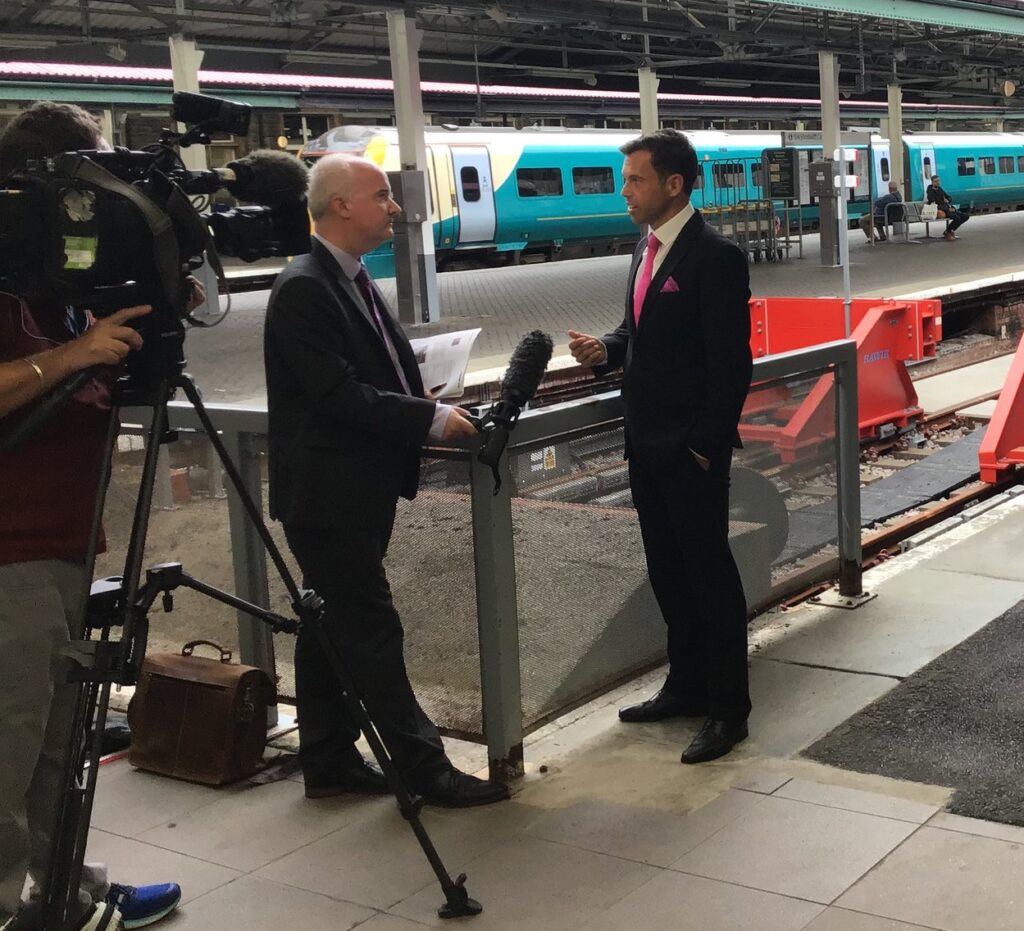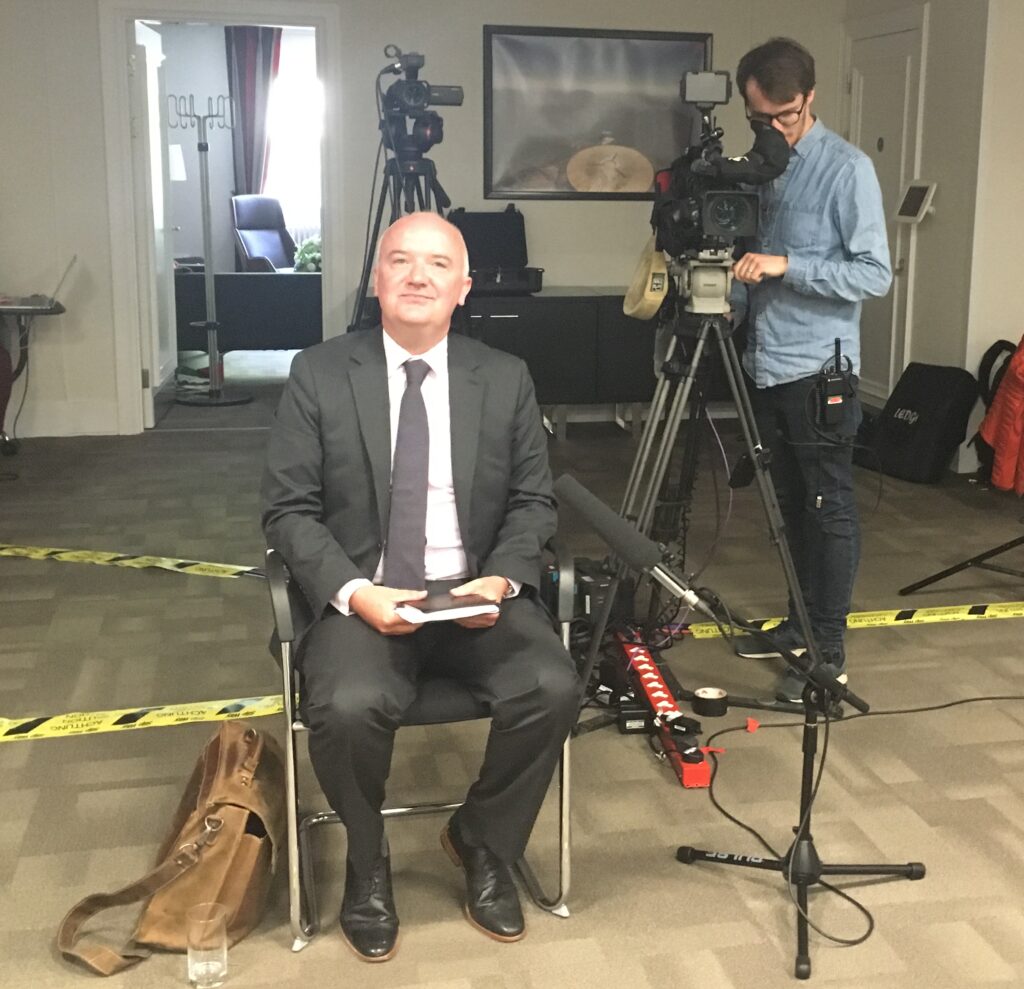Preparing for Media Interviews
By Brian Meechan
It’s been said that reputations can take years to build and minutes to lose.
Some organisations are intimidated by the prospect of media interviews. But they’re an opportunity for you to share the message of what you’re doing with potentially hundreds of thousands of others.
Through media training, you can prepare and learn techniques that will give you the confidence to deal with any news story, whether it appears positive or negative. If it’s a positive news story, why wouldn’t you want to shout about it? If it’s a negative news story, you won’t have a veto on it, so in most cases, it’s best that you have some input into it.
What is media training?
Traditional media training has sometimes been interpreted as teaching people how not to answer questions. People have been told in the past to learn three points and repeat them regardless of the question. This approach is not ideal for engaging an audience and coming across in an authentic way.
At its best, media training teaches you not to fear questions by ensuring you’re prepared and know how to deliver your key messages in an effective way that makes its mark with the audience you’re aiming to reach. Learning to respond to the question you’ve been asked while getting your key messages across is one of the main benefits of media training.
With over 20 years of experience in contemporary newsrooms working across TV, radio and online, I provide participants with the tools and techniques required to make a powerful impact with media interviews in different formats.
I have interviewed chief executives and cabinet ministers. But I’ve also been an interviewee myself, representing an organisation, so I come at the training with an appreciation of both sides. I know it’s a lot more nerve-racking answering questions than asking them.

How does it work?
Working with a small group or 1-to-1, our Developing your Compelling Story workshops demystify the process and leave participants with greater confidence in engaging with media. Training is done through a series of practical interviews, which are played back and analysed through a supportive coaching and mentoring method.
Practice Solutions has decades of experience in the health and social services sectors, allowing us to use that wealth of knowledge to deliver bespoke media training to organisations in those fields.
Different media outlets and interviewers will have different approaches and styles. You’ll need different techniques to prepare for that. You may face a more combative or challenging interview; being prepared for it is much better than shying away from it.
As part of any media training, we’ll cover many of the aspects you need to consider ahead of the interview. We also cover ‘down the line’ interviews, such as Zoom, as well as the different approaches to live and pre-recorded interviews.
How to deal with the ‘doorstep’ – where a reporter and camera follow you asking questions – is an important aspect of training but we’ll also look at ways you can best avoid this situation arising in the first place.
If you’re dealing with a sensitive legal issue, during a crisis for example, the advice from solicitors will often be to say as little as possible publicly. This may be sensible from a legal perspective, but when an organisation is managing its public reputation, it’s often unsustainable. Media training will help you work out what you can and can’t say and how to deliver that in a way that lets people see that you’re being as transparent as possible.
Why is media training important?
Whether you have 15 seconds for a TV clip or 15 minutes for an interview, storytelling is an essential part of what you’re trying to get across. How you shape that story within the timeframe you have will be a major factor in whether the audience remembers what you said and why it matters.
It’s important for organisations to know why journalists are covering stories and how your contribution fits into that.
I have delivered media and presentation training to leaders from the public and private sector. They see the tangible benefits of it when dealing with the media.
However, it’s also useful in terms of how to approach communications more generally. Many of the skills and techniques learned through the media training are easily adaptable to help engage more effectively with other audiences, whether that’s staff, customers or other key stakeholders.
If you’re interested in finding out more about media training, check out our Developing your Compelling Story workshops and register your interest in a free workshop.
You can hear Brian talk about his experience and advice for media relations in our Joining the Dots podcast, along with Sue Revell and Dr. Annie Procter.
And Dr. Annie Procter offers her top tips in our new blog Top five strategies for media interviews.
Brian Meechan is an associate with Practice Solutions and an experienced media and presentation trainer. He’s a former business correspondent, presenter and political reporter at BBC Wales, and has produced programmes for BBC Radio 4 and Radio Wales.








